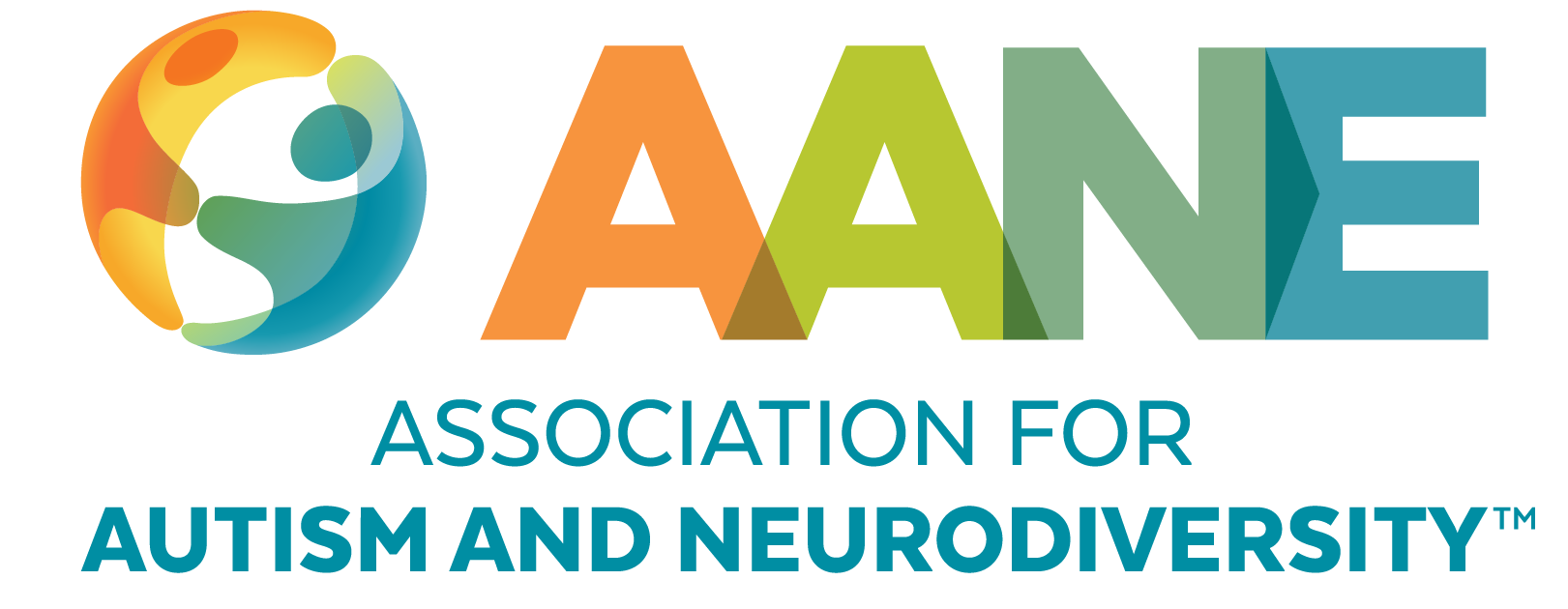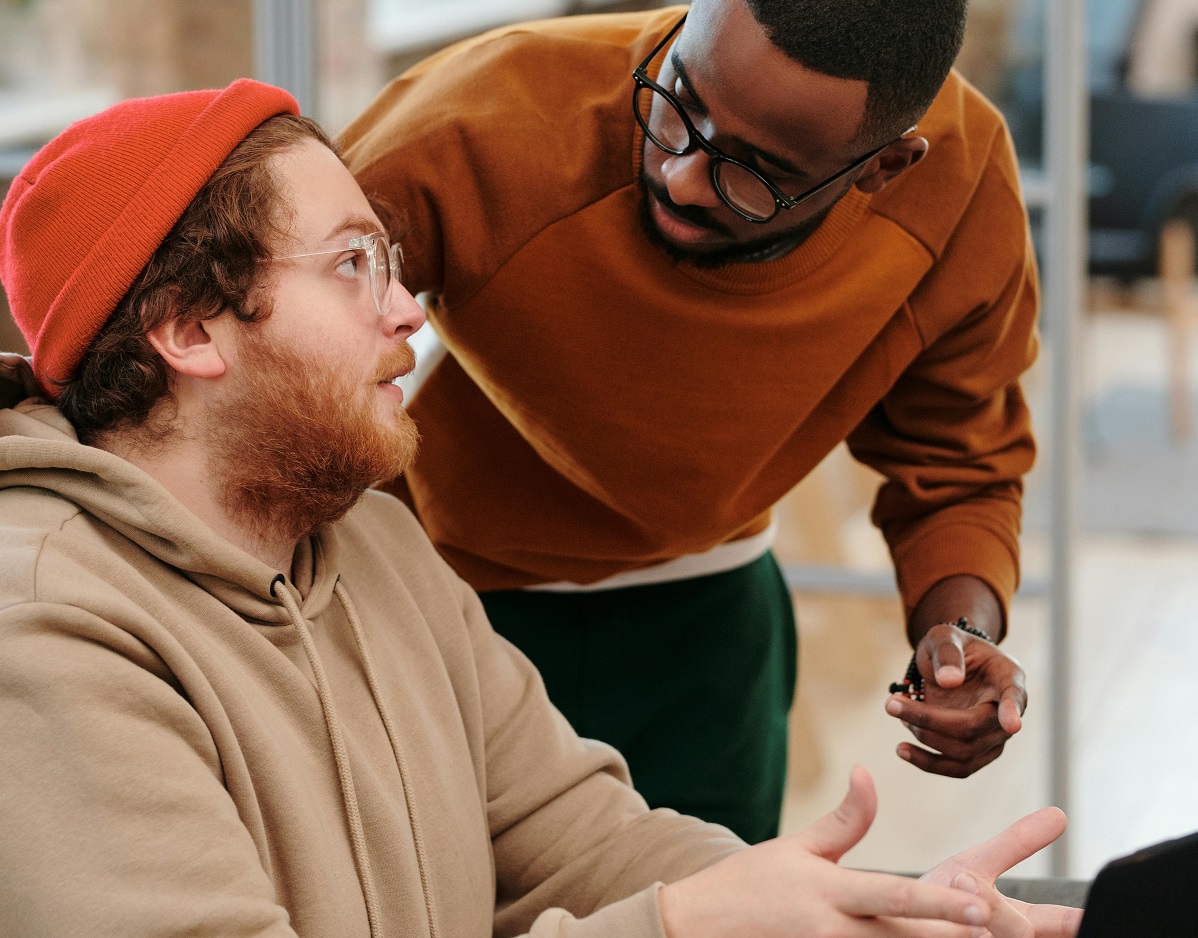
Neurocurious: Creating a Learning Culture
About the Author
Karen Lean has sat on the Board of Directors and various committees, has given numerous keynotes, panel appearances, and led workshops for AANE. Her writing appears in the book of essays, “Sincerely, Your Autistic Child.” Originally from Canada, she lives with her husband in New Hampshire where she works in Healthcare IT.

Twenty years ago I had been at a job for a number of months working for a supportive manager who’d recognized my skills and nurtured my development. But then she’d left for another role, and another group began supervising my position. The group was led by a tyrant of a man who supervised a clique of attractive women. One of these women gave me a review, and she told me I was aloof and nobody liked to work with me. I cried during the meeting. Looking back, I see that I was heavily focused on doing a good job, and not at all focused on relationships in the workplace. I was also emotionally sensitive and insecure.
Then and for many years after, I was underemployed and labored in roles that were intellectually understimulating. I’ve run a lawn business, worked in factories, taught yoga, done office administration, and sold outdoor gear. I typically over-performed but didn’t fit in. Once I got diagnosed with autism in my 30s, I began to see why I struggled so much in employment, despite being “smart.”
The toughest environments for me have been toxic workplaces where people judge one another unfairly, or withhold information because they want power. I’ve been in workplaces where there is bullying, yelling, and hierarchical and rigid thinking. This can happen when resources are scarce, or when management creates a climate of competition or fear to “engage” people. These environments have squelched my abilities. I lock up; I don’t know how to navigate that kind of environment.
I’m now in what feels like my first real career in healthcare IT, which I started in my late thirties. It’s rewarding work, and I am supported and recognized by my manager and my team. My manager helps me advocate for myself.
The work is quite varied, flexible, and sometimes high-pressure. Requests come to our team, and then our manager delegates the work. Sometimes these are large projects that require cross-team collaboration and innovation. I particularly like work in quality and safety because I get to look at a problem that has happened, understand its scope, identify solutions, and see those solutions through from building to testing to communicating the change.
I am great at pattern recognition, precision in data management, analysis, and communicating with different groups of people. One of my strengths is designing processes because I am good at finding efficiency in repetitive tasks. I can be really great at detail, but I can also be excellent at seeing the bigger picture, or thinking through a technical problem to its implications down the road. I connect how changes to the software we manage impacts how the people we support use the software. What I work on is complex. I can build a huge map of all that complexity, and then when something goes wrong, I quickly identify the root cause of the problem.
One of the ways I met the interpersonal challenges in the workplace was to learn self-advocacy. Self-advocacy is a skill that has been hard-won, and has required a great deal of self-understanding and self-acceptance to do effectively. I need to be aware of my strengths and challenges, and I need to accept when I may need help. I also need to feel okay asking for help.
My manager is supportive of me. She recognizes my strengths, and helps guide the work to play to those strengths by assigning things to me that she knows will engage me. On the social side of work, she will let me talk with her about what’s going on between coworkers. If I’m feeling challenged by a particular relationship at work, she is a sounding board and will ask questions, make suggestions, and validate. Often, I’m not the only one struggling with the same issue.
I deal with a lot of sensory issues. I think people underestimate how much sensory processing affects the ability to take in social information like tone of voice, body language, and other cues that help us understand people. My auditory processing is in particular quite challenged. I’ve learned to ask for repetition or clarification when I need it. Most importantly, I have worked to accept this need, and be matter-of-fact about it. Not everyone will like to repeat themselves, or mute themselves (online), or withhold their back-row chatter. But I am better able to handle their irritation if rather than getting into a conflict about it or feeling insulted, I simply hold my ground and ask again, because I know it’s a reasonable request. It’s possible they simply don’t understand yet how important it is for me to be able to hear and participate. But this is rare. Most of the time, people appreciate it when I demonstrate that I want to hear, help them, stay engaged, or be part of the team.
In 2019 my manager nominated me to attend a leadership program, and I got accepted. In the couple of years since the pandemic started, she’s supported me in developing a program of mutual support for other analysts where we take time to meet and share knowledge. We call it “Workshop” and it is a truly collaborative and safe environment. Others have told me they look forward to our twice-weekly meetings. What I’ve come to learn from mentoring others and leading this group is that almost everyone feels insecure around things they don’t know, and has a hard time advocating for themselves in a toxic work culture. In fact that kind of culture leads almost everyone to feel excluded.
I imagine expanding the culture of my “Workshop” meetings to all the ways we work. I’m a strong believer in “learning culture” as a method of inclusion, and a key to all kinds of diversity, not just to address ability or autism in particular. Learning culture isn’t just about taking in information, it is an orientation toward knowledge, process, and culture that is essentially curious.
In Workshop, we welcome any and all questions, however basic they are. Often, people are afraid to ask questions because they think everyone else knows the answer already. But we know that if everyone feels this way, then we’re probably helping others by asking.
There is no one expert. Instead, we recognize that different people bring their unique expertise. But we don’t have to be experts in something to share what we know. We are allowed to poke around and make mistakes, and we are allowed to move forward with partial knowledge, because this is how we learn more.
There is space to be different, because differences allow us to come at problems with a variety of perspectives. We are allowed to be wrong, because even wrong ideas can lead us somewhere productive. Instead of excluding people for how they don’t fit in, we get curious about how they might be able to participate in reaching our common goals.
Fundamentally, this is about acceptance of self and others. My manager accepts me – not just for my strengths, but also for the ways I need help. I think most people in this type of supportive environment can learn and grow.
Autistic employees are everywhere, but not all of those employees know they’re autistic, or want to share it with their employer. Many adults have had a lifetime of compensating in different ways, and so on the surface they may seem like they’re not autistic. Even they might attribute their challenges and gifts to some other cause. We need to develop a culture that accommodates everyone, whether they identify as autistic or not.
The difference between the toxic workplace and the inclusive workplace is one where everyone is encouraged to flourish, starting from wherever they are. Each of us has a role in making this a reality – first by accepting ourselves, and then those around us, and looking for ways to stay curious.
Stay Current
Subscribe for AANE weekly emails, monthly news, updates, and more!






